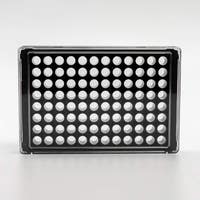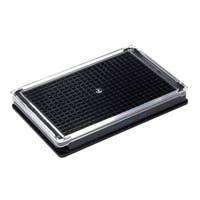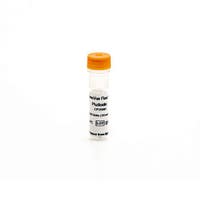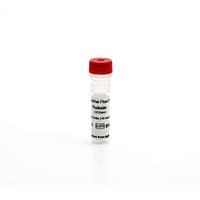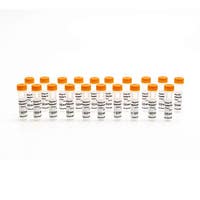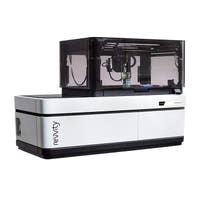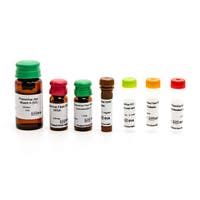
PhenoVue 578 Mitochondrial Stain
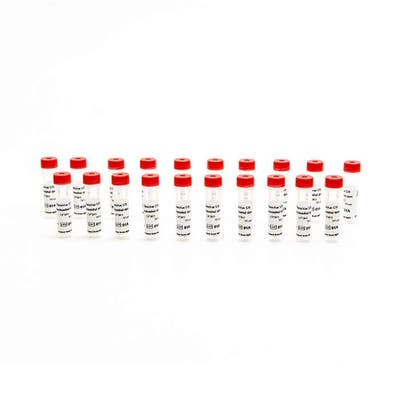
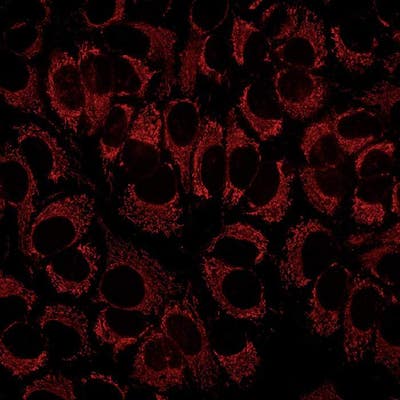
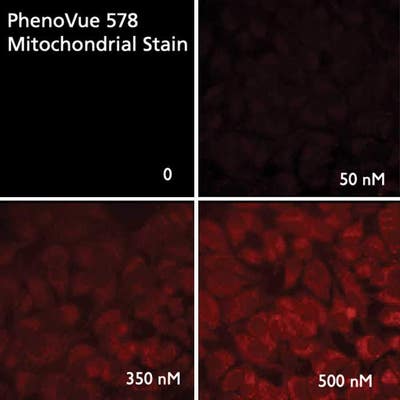 View All
View All
PhenoVue 578 Mitochondrial Stain
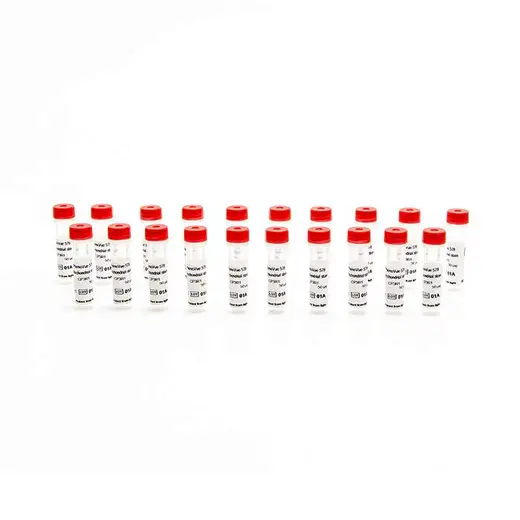
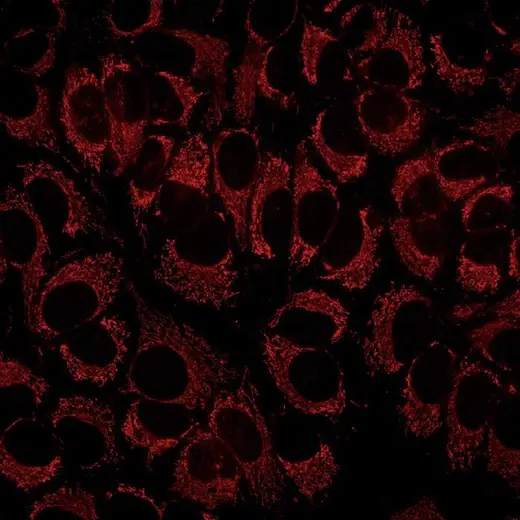
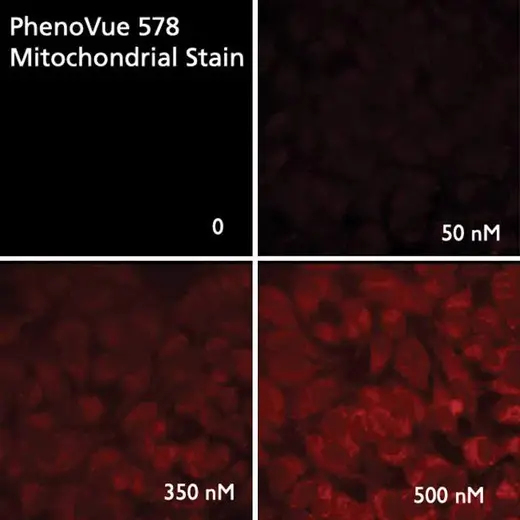
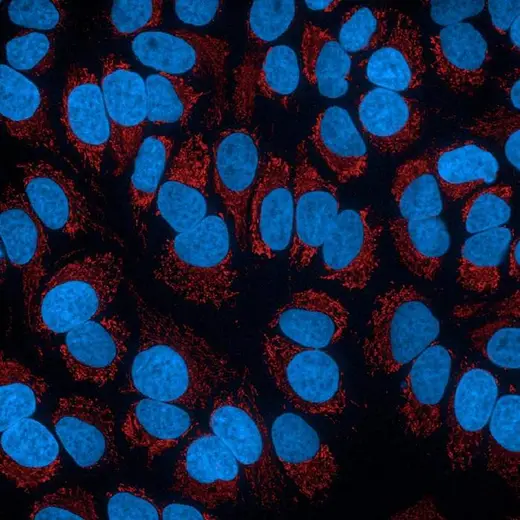
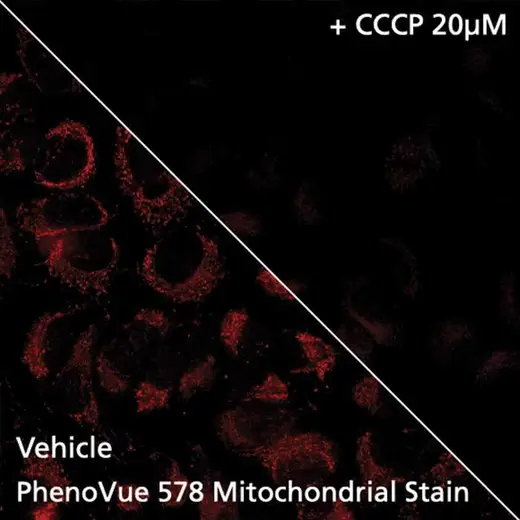





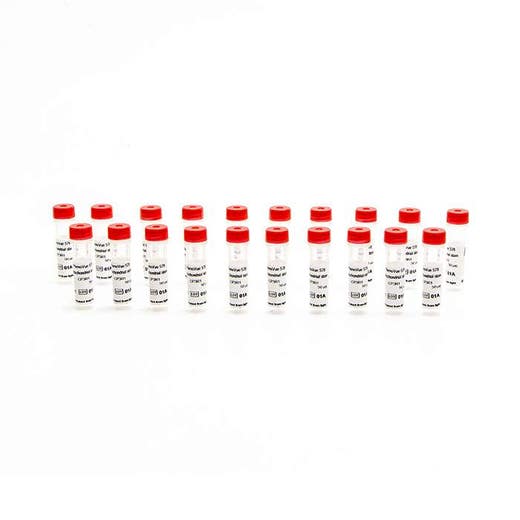
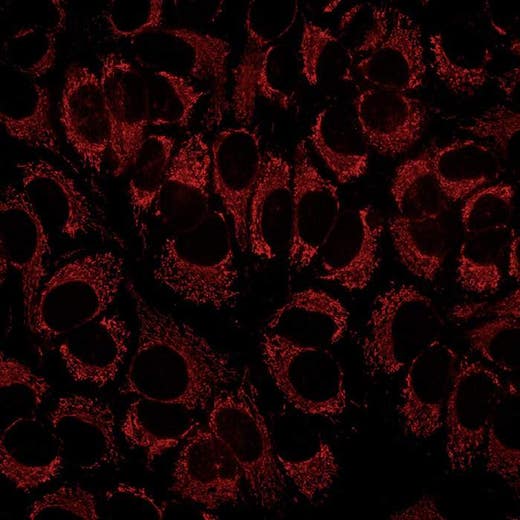
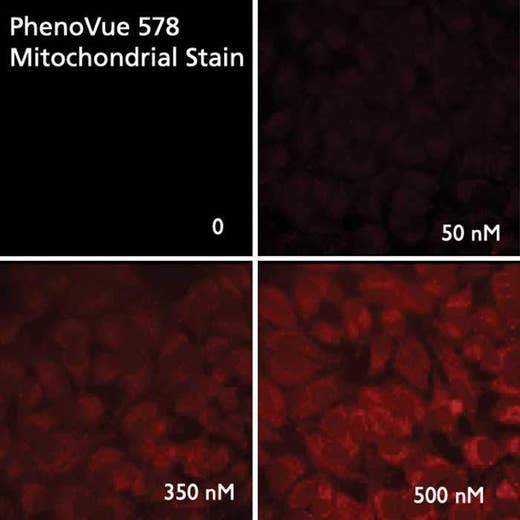
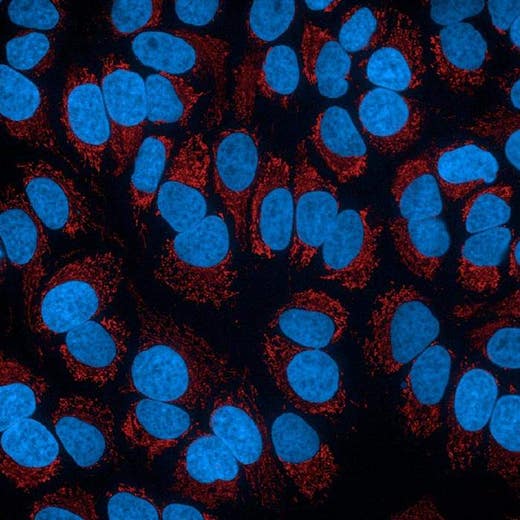
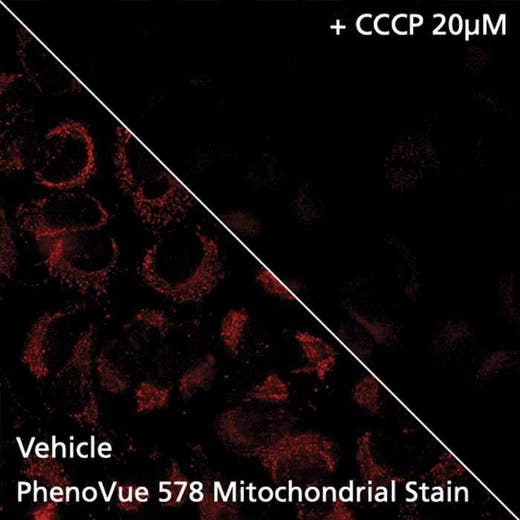





PhenoVue 578 Mitochondrial stain is a fluorescent dye which accumulates in heathly mitochondria of live cells.
PhenoVue 578 Mitochondria stain exhibits bright red fluorescence and is validated for use in imaging microscopy and high-content screening applications.
Part of Revvity's portfolio of cellular imaging reagents, PhenoVue 578 Mitochondrial stain has a maximum excitation wavelength of 578 nm and a maximum emission wavelength of 599 nm, which makes it an alternative to the similar stain MitoTracker™ Red CMTMRos.
View our extensive validation data in the Product Information Sheet within the Resources tab below.
For research use only. Not for use in diagnostic procedures.
| Feature | Specification |
|---|---|
| Color | Red/Orange |
| Filter | Texas-Red |
| Organelle and Cell Compartment | Mitochondria |
PhenoVue 578 Mitochondrial stain is a fluorescent dye which accumulates in heathly mitochondria of live cells.
PhenoVue 578 Mitochondria stain exhibits bright red fluorescence and is validated for use in imaging microscopy and high-content screening applications.
Part of Revvity's portfolio of cellular imaging reagents, PhenoVue 578 Mitochondrial stain has a maximum excitation wavelength of 578 nm and a maximum emission wavelength of 599 nm, which makes it an alternative to the similar stain MitoTracker™ Red CMTMRos.
View our extensive validation data in the Product Information Sheet within the Resources tab below.
For research use only. Not for use in diagnostic procedures.










PhenoVue 578 Mitochondrial Stain










PhenoVue 578 Mitochondrial Stain










Product information
Overview
PhenoVue 578 Mitochondrial stain is a cationic rosamine based structure. With mitochondrial membrane potential, it accumulates in mitochondria through electrostatic interactions and reacts with thiol moieties forming stable thioether bonds. Therefore PhenoVue 578 Mitochondrial stain is well retained after cell fixation.
Fluorescent mitochondrial stains are commonly used for visualizing and quantifying mitochondria whose dysfunctions, including impaired biogenesis, dynamics or trafficking, are a hallmark of some human diseases, such as neurodegenerative disorders.
PhenoVue 578 Mitochondrial stain can be used to detect mitochondria in indirect immunofluorescence, immunohistochemistry and flow cytometry, as well as high-content analysis and screening applications.
Additional product information
Features
| Numbers of vials per unit | 20 |
|---|---|
| Quantity or volume per vial | 50µg (94nmoles) |
| Form | Dessicated |
| Storage | -20°C |
| Recommended working concentration | 100nM (0.05ng/mL) |
| Maximum excitation wavelength | 578 nm |
| Maximum emission wavelength | 599 nm |
| Common filter set | Texas-Red |
| Live cell staining | Yes |
| Fixed cell staining | No |
| Equivalent number of microplates | 650-1850 x 96-well microplates 550-1950 x 384-well microplates 1000-3050 x 1536-well microplates |
Specifications
| Color |
Red/Orange
|
|---|---|
| Form |
Desiccated
|
| Maximum Emission Wavelength (Emmax) |
599 nm
|
| Maximum Excitation Wavelength (Exmax) |
578 nm
|
| Application |
High Content Imaging
Microscopy
|
|---|---|
| Brand |
PhenoVue™
|
| Detection Modality |
Fluorescence
|
| Filter |
Texas-Red
|
| Organelle and Cell Compartment |
Mitochondria
|
| Quantity |
20 x 50 µg
|
| Sample Type |
Live cells with fixation post staining
|
| Shipping Conditions |
Shipped in Dry Ice
|
| Storage Conditions |
-16 °C or below, protected from light
|
| Type |
Individual Reagent
|
Image gallery










PhenoVue 578 Mitochondrial Stain










PhenoVue 578 Mitochondrial Stain










Spectra Viewer
Resources
Are you looking for resources, click on the resource type to explore further.
SDS, COAs, Manuals and more
Are you looking for technical documents related to the product? We have categorized them in dedicated sections below. Explore now.
-
言語French国France
-
言語German国Germany
-
言語Greek国Greece
-
言語Italian国Italy
-
言語Spanish国Spain
-
言語English国United Kingdom
-
言語English国United States


How can we help you?
We are here to answer your questions.































